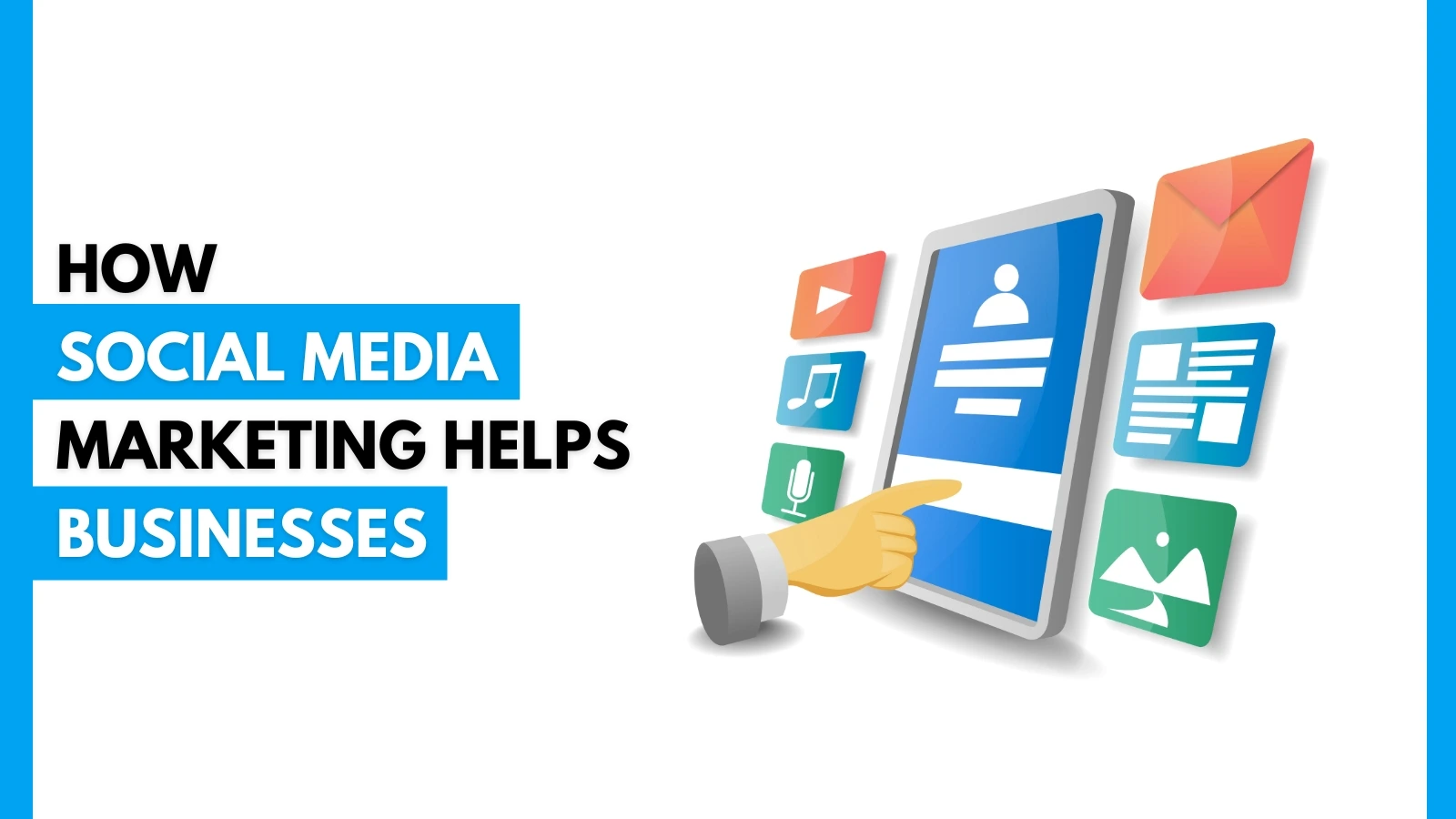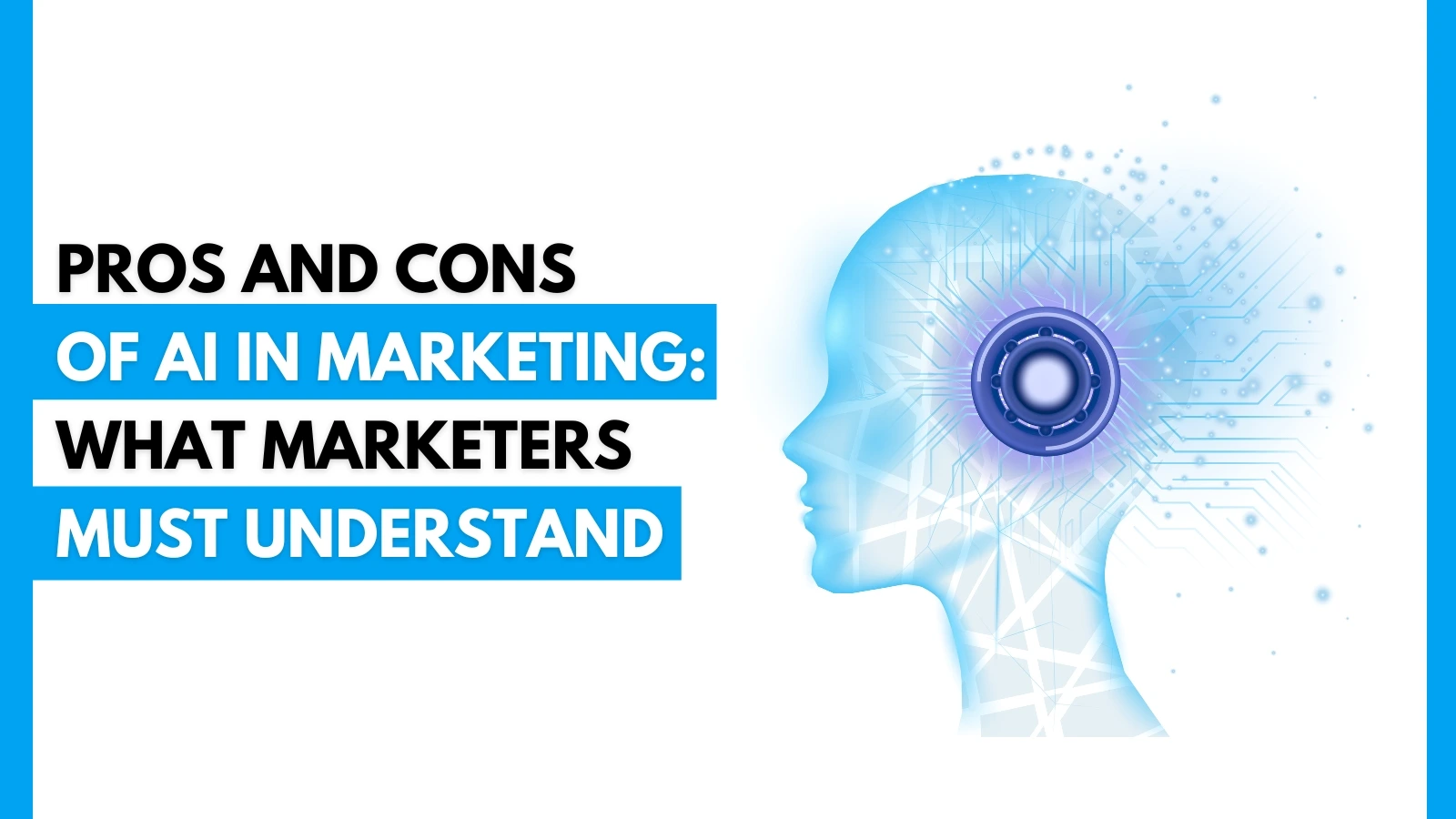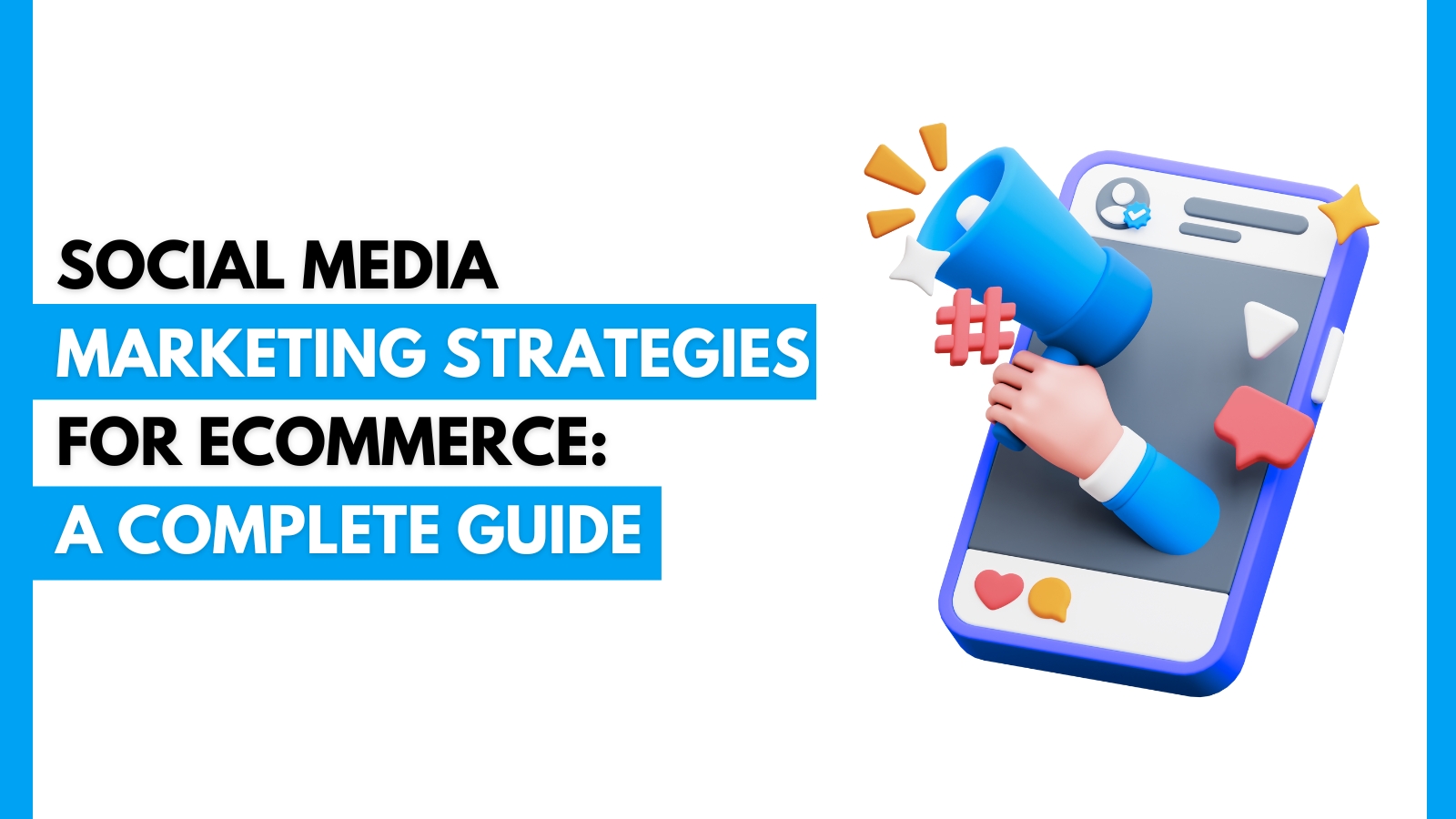Marketing channels
Distribution channels are how goods or services are delivered to end users. Depending on the size and complexity of the business, channels can be simple or complex. Distribution channels are the process of distributing the product from the producer to the consumer. This Channel is also known by the names marketing channels, marketing distribution channels, or distribution channels. These channels can be used to distribute products, as well as agents, wholesalers, distributors, and agents. They also include retailers, brokers, dealers, and commission agents.
Marketing channels
There are four types of marketing channels:
- Direct selling.
- Through intermediation.
- Dual distribution.
- Reverse Channel.
Explanations
Direct Selling: This can include party planning, demonstrations, and personal communication.
Through intermediation- This can include wholesalers or retailers. They make the material available to others and then use it indirectly.
Dual Distribution: This is the practice of creating a broad marketing base directly and indirectly simultaneously.
Reverse Channel: All three steps above have one thing in common. Technology allows the reverse Channel to flow products from producers to end users.
The strategic role of the marketing channels
Marketing channels serve the primary purpose of connecting consumers and producers. It acts as a link between buyers and producers.
It is involved in promotion and sales.
It impacts product strategy via branding, maintenance policies, and other factors.
It is composed of several systems that facilitate transactions and physical exchange.
There are three types of these systems
- Creator of the product
- A consumer of the product
- A Middleman (Wholesaler or Retailer)
The Channel has three functions
- Transactional functions
- Logistical Functions
- We facilitate functions or assist functions. These are the functions of marketing channels.
Marketing channels are crucial in developing and selecting the product base in an ever-growing market.
- Improved Efficiency - A well-designed system for the distribution of channels won't be less efficient. This will make the system work.
- Smooth flow of commodities - This facilitates the flow of goods starting with the creation of time and space, as well as the creation of possession.
- Cost reduction - This is similar to the terms and conditions of purchase, sales, and payments.
- Agents facilitate the search- These agents help buyers and sellers find each other to exchange goods.
- Proximity to consumers- This reduces the burden on the producer because the middlemen are closer to end users, which allows them to gather feedback and information.
Working in the supply chain in the marketing channels
The supply chain is the link between the buyer and producer. It may be made up of different functions, people, and organizations, as well as information and resources. It is an essential part of a business because it allows for cost reduction and time management. This covers product development, marketing, and operations, as well as finance, customer service, and distribution. A company's supply network is efficient and will help reduce costs and increase profits.
Conclusion
Distribution channels are important to meet the market's needs. Some examples of competitive advantages in the market include Dell computers that focus on key elements like Nordictrack. They compete with their competition for a top spot. Distribution channels are an important part of the marketing mix. We have seen firsthand how valuable and important they can be.


.jpg)




.webp)



















.webp)






















 A Complete Guide.webp)











































.jpg)










 Efficiently.jpg)
.jpg)
























.jpg)
.jpg)
























.jpg)


















.jpg)
.jpg)




























.webp)





.jpg)


















 Campaign.jpg)




.jpg)

.jpg)

.png)



.jpg)



.jpg)
.jpg)
.jpg)



.jpg)








.png)
.jpg)




.jpg)

.jpg)
.jpg)


.jpg)


.jpg)



.jpg)



































.png)





















.jpg)






.png)

.png)



.png)

.png)
.png)



.png)
.png)
.png)
.png)
.png)

.png)
.png)
.png)
.png)
.png)
.png)
.png)
.png)
.png)
.png)
.png)

.png)
.png)
.png)
.png)
.png)
.png)
.png)
.png)
.png)



.png)
.png)
.png)

.png)
.png)
.png)
.png)
.png)
.png)
.png)
.png)
.png)
.png)
.png)
.png)
.png)
.png)
.png)
.png)
.png)
.png)
.png)
.png)
.png)
.png)
.png)
.png)
.png)
.png)
.png)
.png)
.png)
.png)
.png)


.png)
.png)

.png)
.png)
.png)
.png)
.png)
.png)
.png)
.png)
.png)
.png)
.png)
.png)
.png)
.png)
.png)
.png)
.png)
.png)
.png)
.png)

.png)
.png)
.png)

.png)
.png)
.png)
 (1).png)
.png)
.png)
.png)
.png)
.png)
.png)
.png)
.png)

.png)

.png)
.png)
.png)
.png)
.png)
.png)
.png)

.png)
.png)
.png)
.png)
.png)
.png)
.png)
.png)
.png)
.png)
.png)
.png)
.png)
.png)
.png)
.png)


.png)
.png)
.png)
.png)
.png)
.png)
.png)

.png)
.png)
.png)
.png)
.png)
.png)
.png)
.png)
.png)

.png)
.png)

.png)
.png)
.png)

.png)
.png)
.png)

.png)
.png)
.png)
.png)
.png)
.png)
.png)
.png)
.png)
.png)
.png)
.png)
.png)
.png)
.png)
.png)
.png)
.png)
.png)